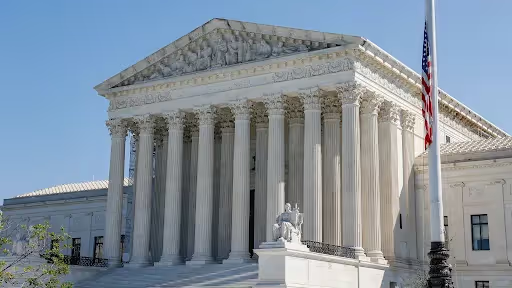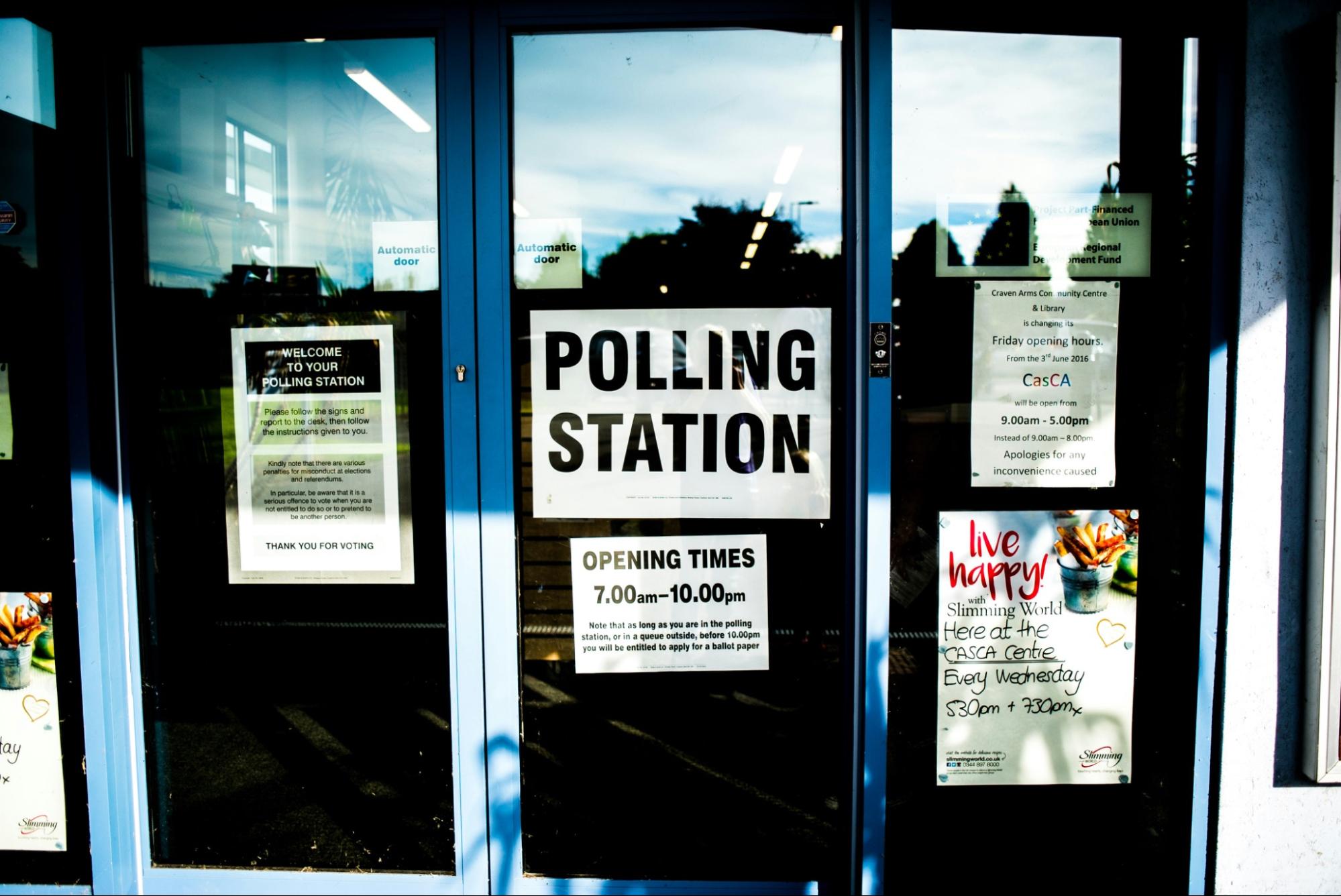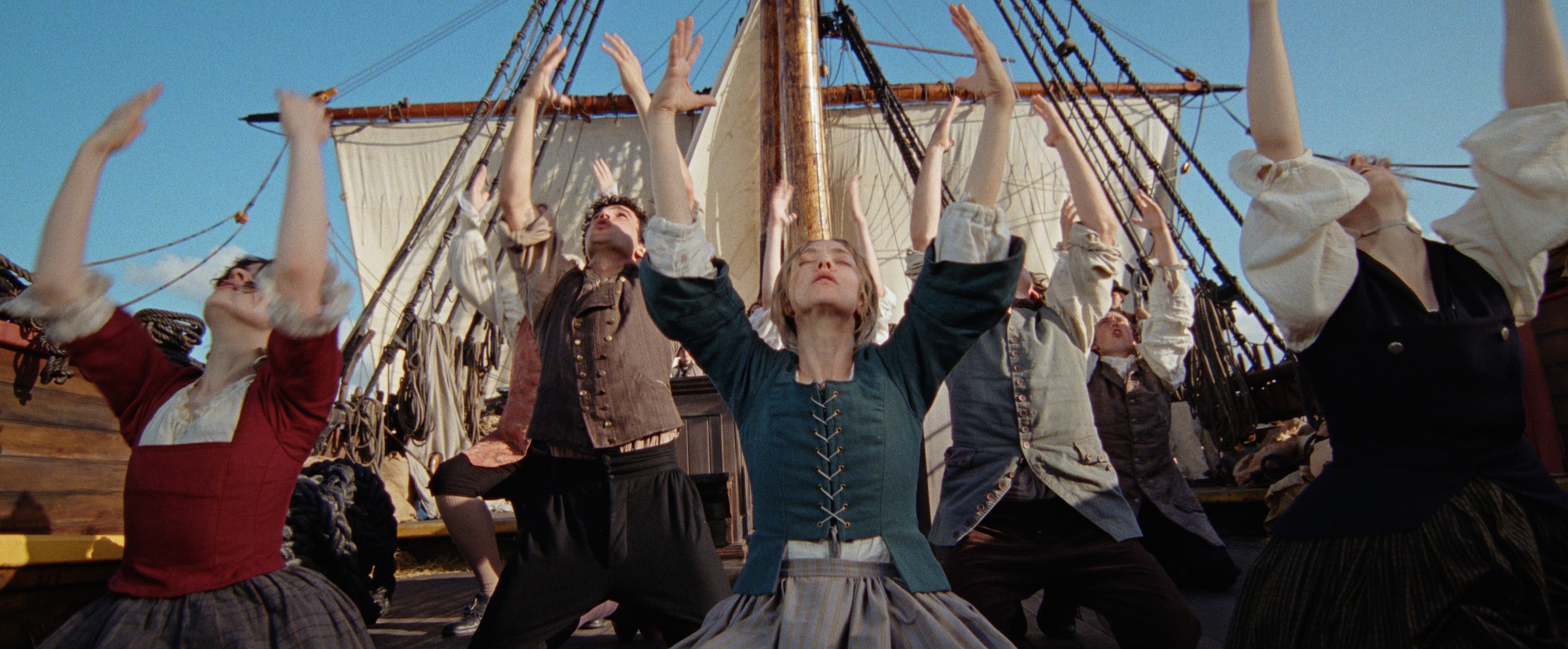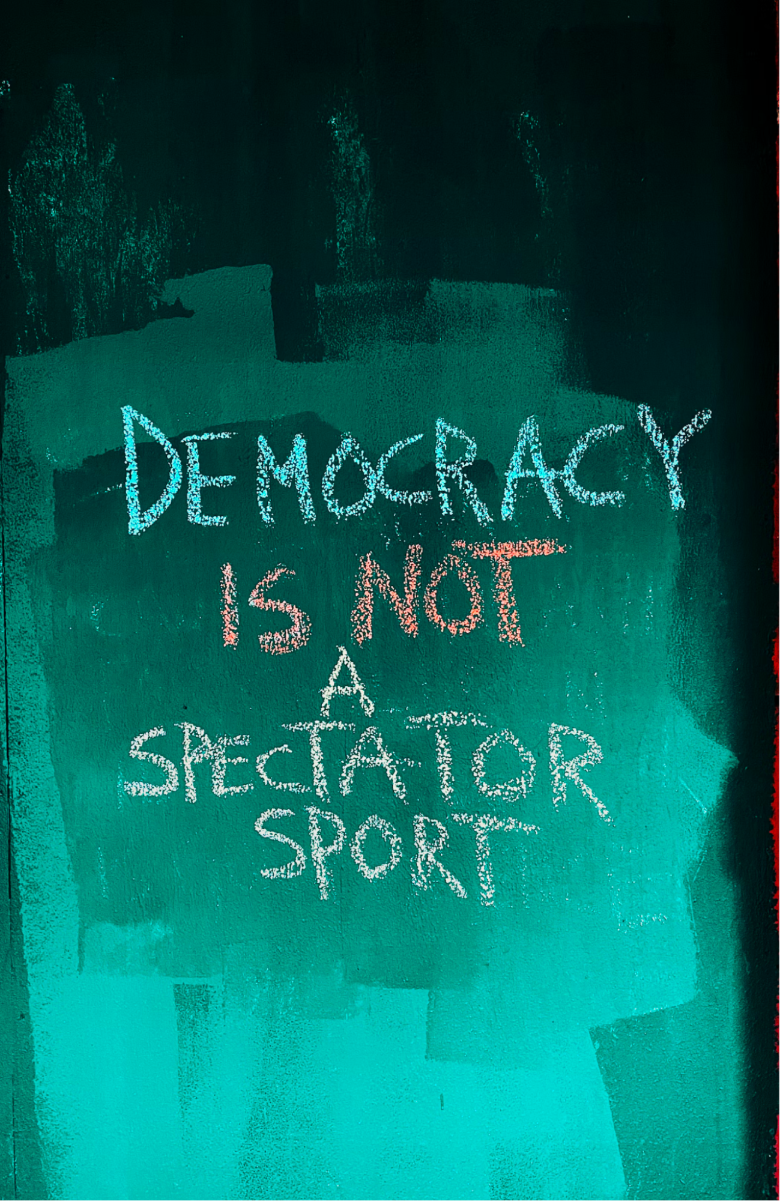
Analysis
A Crucial Test for Church-State Separation: St. Isidore of Seville Catholic Virtual School v. Drummond
A Crucial Test for Church-State Separation: St. Isidore of Seville Catholic Virtual School v. Drummond (consolidated case)
In April 2025, the U.S. Supreme Court will hear the consolidated cases of St. Isidore of Seville Catholic Virtual School v. Drummond and Oklahoma Statewide Charter School Board v. Drummond which could redefine the boundary between religion and government in public education. At stake is whether a publicly funded charter school can be religiously affiliated, which challenges long-standing principles of the Establishment Clause. A single Supreme Court decision could set a precedent for religious institutions receiving direct taxpayer support in harmful ways never seen in American education.
As the Supreme Court considers this case, it is imperative that it align its decision with the country’s commitment to maintaining a clear separation between religion and government, ensuring that public funds are not used to advance religious doctrine. A ruling in favor of the Oklahoma state board and religious charter school, St. Isidore of Seville Catholic Virtual School, would dangerously erode the constitutional separation of church and state, potentially undermining the neutrality of public education.
The Context of the Case
The case originated when the Oklahoma Statewide Virtual Charter School Board approved the application of St. Isidore of Seville Catholic Virtual School in 2023, making it the first publicly funded religious charter school in the United States. The school, backed by the Archdiocese of Oklahoma City, openly stated that it would teach Catholic doctrine alongside state-mandated curricula.
Oklahoma Attorney General Gentner Drummond challenged the board’s decision, arguing that it violated both state and federal constitutional provisions. The Oklahoma Supreme Court sided with Drummond, stating that a religious charter school would effectively merge church and state, as public funds would be used to advance religious teachings. The case has now reached the U.S. Supreme Court, where a ruling will have national implications for the role of religious education in public funding. The Supreme Court consolidated two petitions that had been filed individually by the Statewide Charter School Board and one by St. Isidore of Seville Catholic Virtual School.
Why the Supreme Court Must Uphold Church and State Separation
The Establishment Clause of the First Amendment prohibits the government from endorsing or advancing any specific religion. The founding principle of religious neutrality ensures that public institutions, including schools, remain inclusive spaces for people of all faiths, or none. Allowing a religious charter school to receive public funds directly contradicts this principle, setting a dangerous precedent for further entanglement between government and religious institutions.
Here’s why the Supreme Court must rule against the religious charter school:
1. Charter Schools Are Public Schools
Charter schools operate under state authorization and receive public funding, making them legally indistinguishable from traditional public schools in terms of accountability and oversight. If St. Isidore of Seville Catholic Virtual School were to receive public funds while maintaining a religious mission, it would essentially turn a state-funded school into a sectarian institution, violating core principles of public education.
Unlike private religious schools, which have the right to teach doctrine because they are independently funded, a religious charter school would blur the lines between public education and religious indoctrination. This could lead to a slippery slope, where other religious groups might demand similar taxpayer-funded schools, increasing sectarian division within the education system.
2. Violating the Precedent Set in Past Supreme Court Cases
Historically, the Supreme Court has consistently ruled in favor of government neutrality in religious matters, reinforcing that taxpayer money should not fund religious education directly. For example:
- Lemon v. Kurtzman (1971) established the Lemon Test that was later abandoned in 2022 in Kennedy v. Bremerton, which requires laws to have a secular purpose, avoid excessive government entanglement with religion, and neither advance nor inhibit religion.
- Zelman v. Simmons-Harris (2002)upheld school voucher programs, but only because parents were making independent choices to send their children to religious schools, not because the government directly funded religious schools.
- Carson v. Makin (2022) ruled that if a state subsidizes private education, it cannot exclude religious schools from participation, but this case involved indirect funding, not the direct operation of a religious school under state control.
A ruling in favor of St. Isidore would dismantle the distinction between public and private religious education, creating unprecedented entanglement between government and religious institutions.
3. Risking Government Regulation of Religious Schools
If religious charter schools are permitted, they would fall under government oversight because they are publicly funded. This means the state could, in theory, impose curriculum requirements that contradict religious doctrine. Religious schools currently enjoy autonomy because they are privately funded. A ruling allowing state-funded religious charter schools could backfire, inviting state interference in religious education.
Would religious institutions be willing to sacrifice their curricular independence in exchange for state funding? The likely answer is no, but once they enter the realm of public education, they open themselves to state accountability measures, raising further constitutional and practical dilemmas.
4. Threat to Religious Pluralism and Minority Rights
If Oklahoma’s religious charter school is upheld, it could inspire other religious groups, including controversial or extremist sects, to apply for public funding. Such schools could enforce discriminatory admission practices, marginalizing LGBTQ+ students, students of different faiths, or those who do not conform to religious teachings. This would create exclusive, taxpayer-funded institutions that contradict the inclusive mission of public education.
If religious schools wish to maintain their autonomy and faith-based missions, they should continue operating as private institutions, without taxpayer funding. The Establishment Clause exists to protect both religion and government, ensuring that neither oversteps its bounds. The Court should reaffirm this principle by ruling against the establishment of religious charter schools, preventing an unconstitutional fusion of government funding and religious doctrine.
The Interfaith Alliance is calling on the Supreme Court to maintain their longstanding commitment to upholding our Constitution and we stand against discriminatory practices and, for clear, established boundaries between religion and government.
Jeffrey Jordan II is a Policy Intern at Interfaith Alliance.
Transcript

The Latest Attacks in the New York Mayoral Race, and How Islamophobia and Antisemitism Reinforce Each Other
As Islamophobic attacks escalate in New York’s mayoral race, faith leaders across traditions are standing together to reject hate. The response reveals how Islamophobia and antisemitism reinforce one another, and how solidarity can protect democracy.


